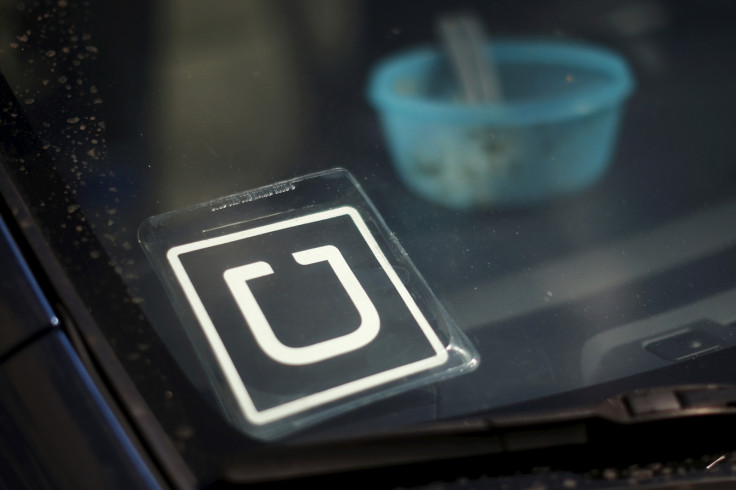Half of UK unemployed think zero-hour contracts are exploitative

Almost half of unemployed people in the UK think zero-hour contracts are exploitative. Figures revealed 47% of unemployed people in the country who were offered a zero hour contract turned the offer down, saying the main reason was the need to received a guaranteed level of income.
Meanwhile, 45% of unemployed people said they thought the contracts were exploitative methods of employment, according to a survey by recruitment marketplace Glassdoor.
With the rise of the "contractor" economy, in which more and more people work as freelance or self-employed but still answer to a larger company, zero-hour contracts have become more common. Companies such as Uber and Airbnb have attributed to the normality of the system, which has put them under fire because of the uncertainty employees face.
Glassdoor career and workplace expert Jon Ingham said in a press release that the results of the survey "could be interpreted as employers exploiting the most vulnerable, namely people who really need the money".
"However, for others it is a useful stop-gap, it can provide valuable work experience and the flexibility can be a positive depending on your life stage," Ingham said. "The most important issue here is to look at the attitude of the employer towards staff – do they value people on zero hours contracts simply view them as 'an extra pair of hands'?"
According to a survey by Chartered Institute of Personnel and Development (CIPD), around 17% of private sector employers use zero-hour contracts, while the same can be said for 25% of public sector employers.
The amount of people on contracts that do not guarantee a minimum amount of hours has more than tripled between 2014 and 2015 to 1.8 million people, based on figures from the Office for National Statistics. It also stated that on average, those on zero-hour contracts work 23 hours a week, well below the maximum of 48, while most Brits work 35 to 40 hours a week. And 58% of casual contract employees have been with the same company for more than a year.
The most important issue here is to look at the attitude of the employer towards staff
Companies such as JD Wetherspoon and Sports Direct are also known for their zero-hour contracts. Wetherspoon non-executive chairman Tim Martin has even slammed Chancellor George Osborne's policy of the UK living wage, which should see workers earn £9 an hour by 2020.
Arguing the living wage would shake the grounds of the pub industry, he said: "This disadvantage is compounded by a huge VAT and business rates disparity between pubs and supermarkets, which is putting unsustainable pressure on many pubs in our industry,
Although the chancellor introduced the living wage of £9 an hour in his recent budget, the Conservatives are against the abolishing of zero-hour contracts. Work and Pensions Secretary Iain Duncan Smith came up with the solution of rebranding the contracts as "flexible contracts", claiming those opposed to the model are spreading scare stories that make the system look worse than it is.
But Ed Miliband, the former leader of the Labour Party, did want to put an end to zero-hour contracts, arguing he was protecting working people. Earlier in 2015, he said: "We have an epidemic of zero-hours contracts in our country, undermining hard work, undermining living standards, undermining family life. Because if you don't know from one day to the next how many hours you're going to be doing, how can you have any security for you and your family?"
© Copyright IBTimes 2025. All rights reserved.






















